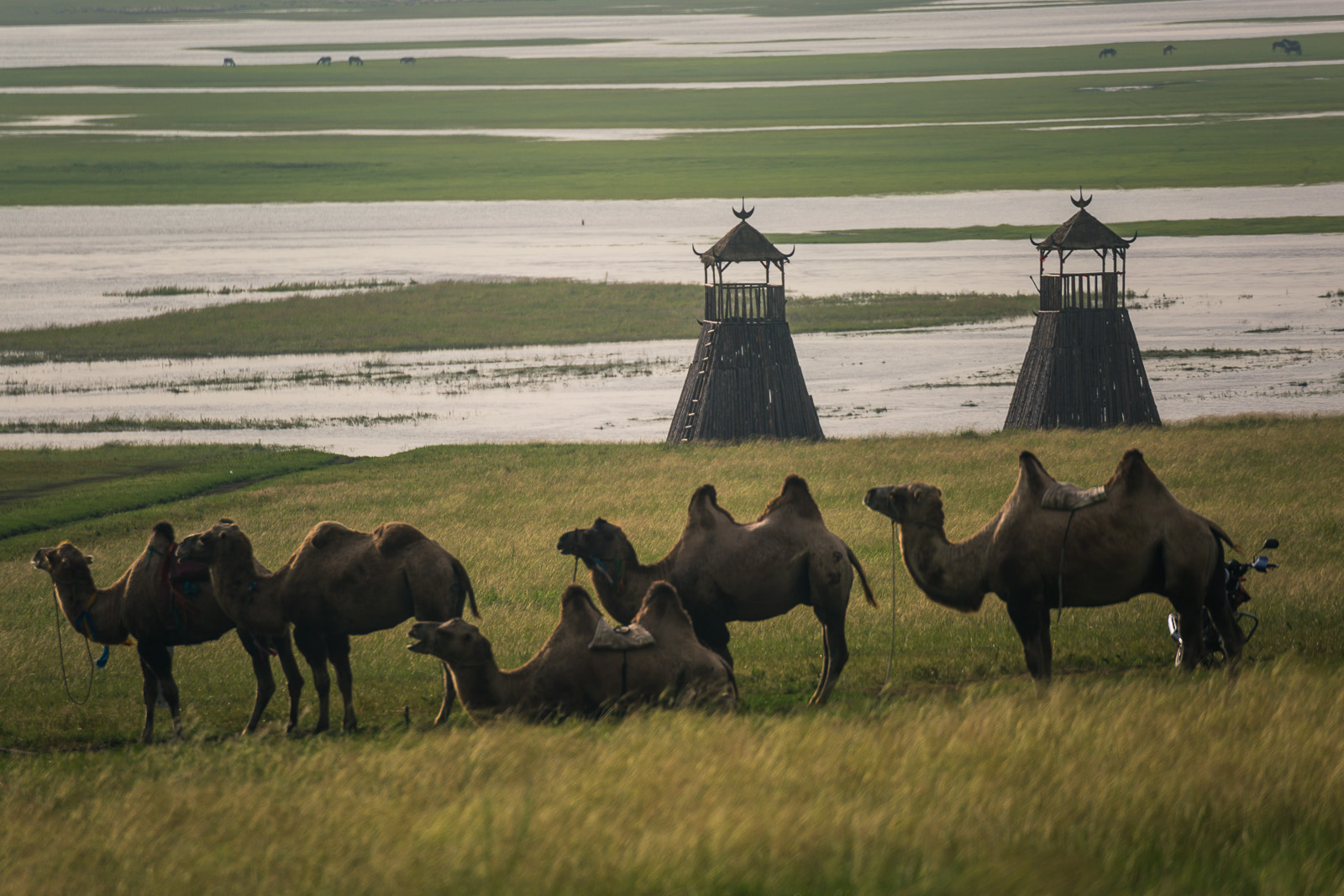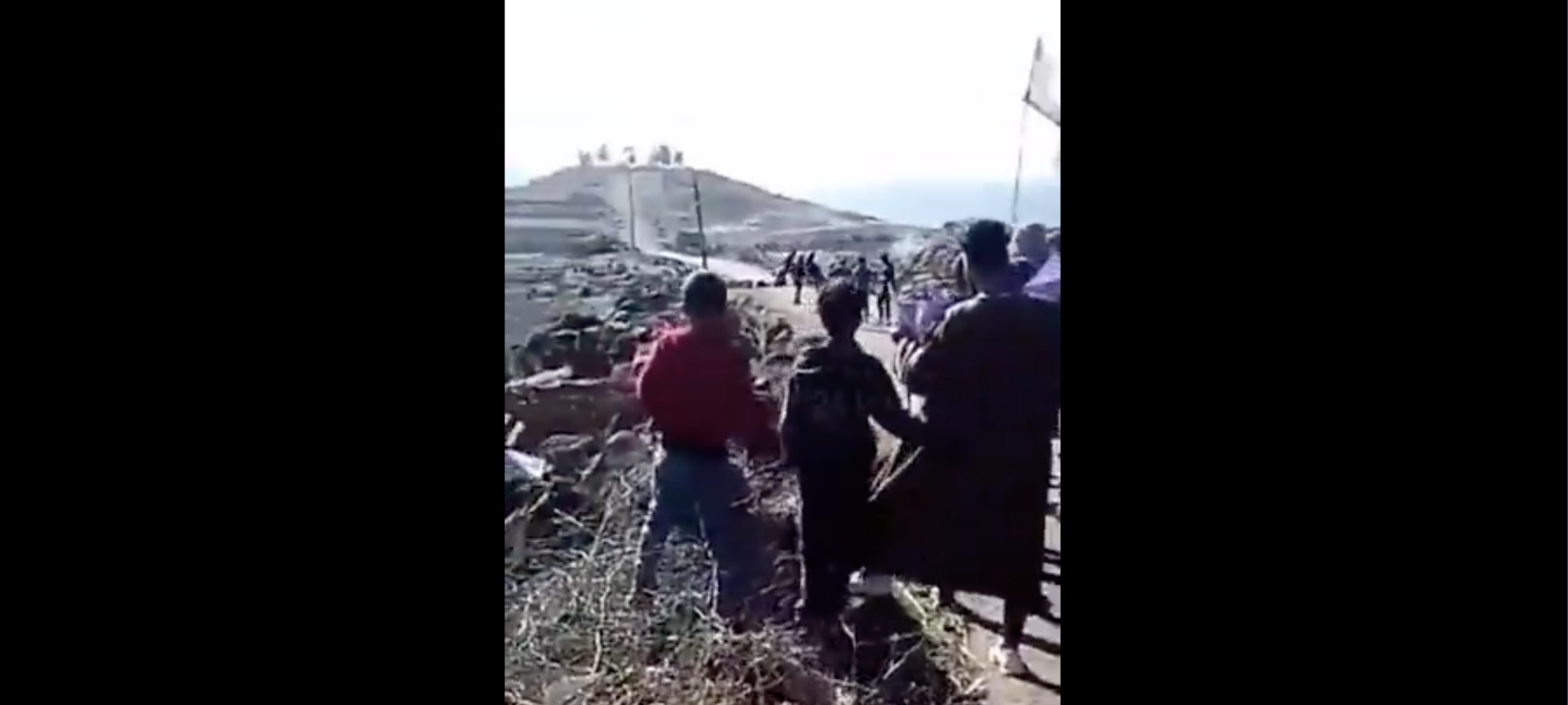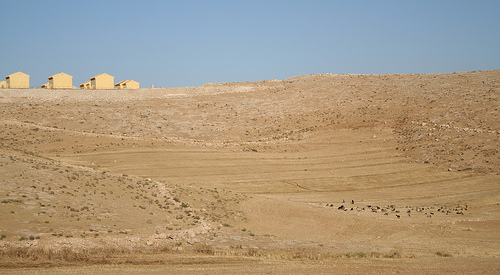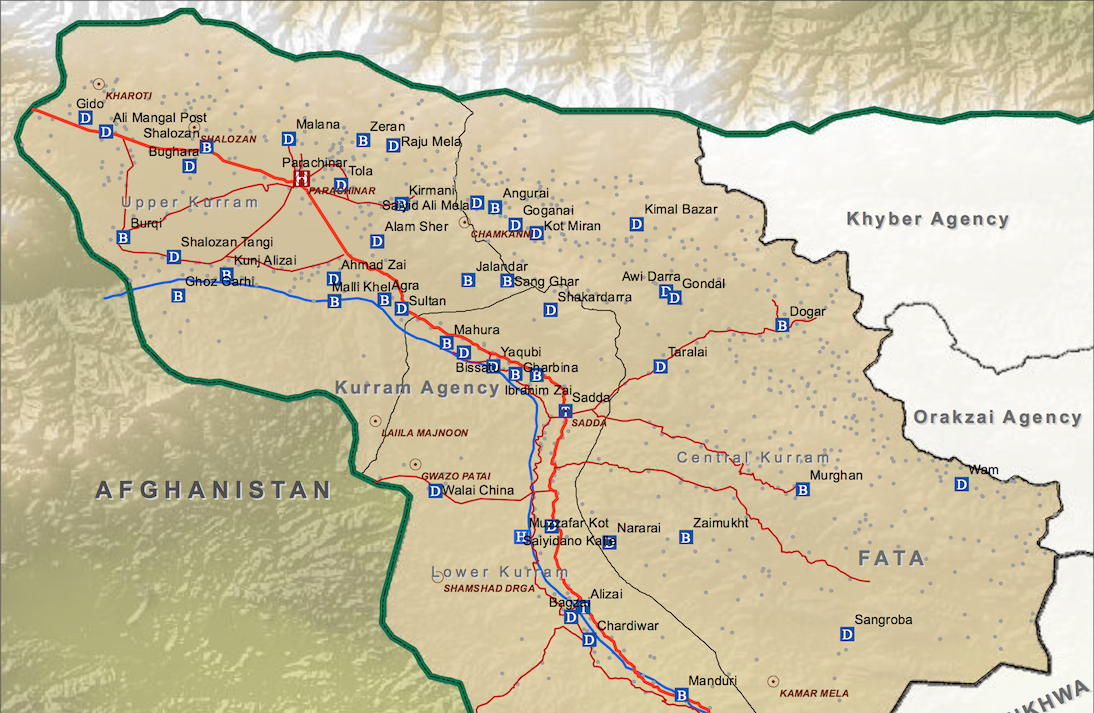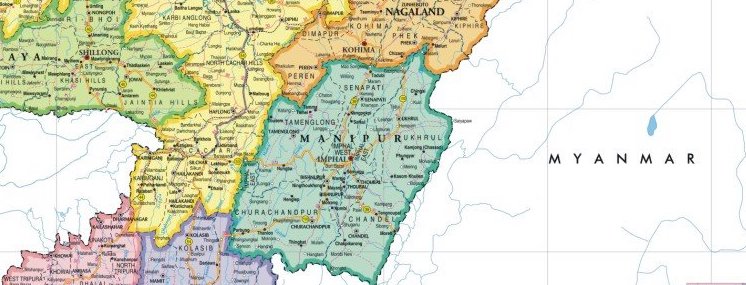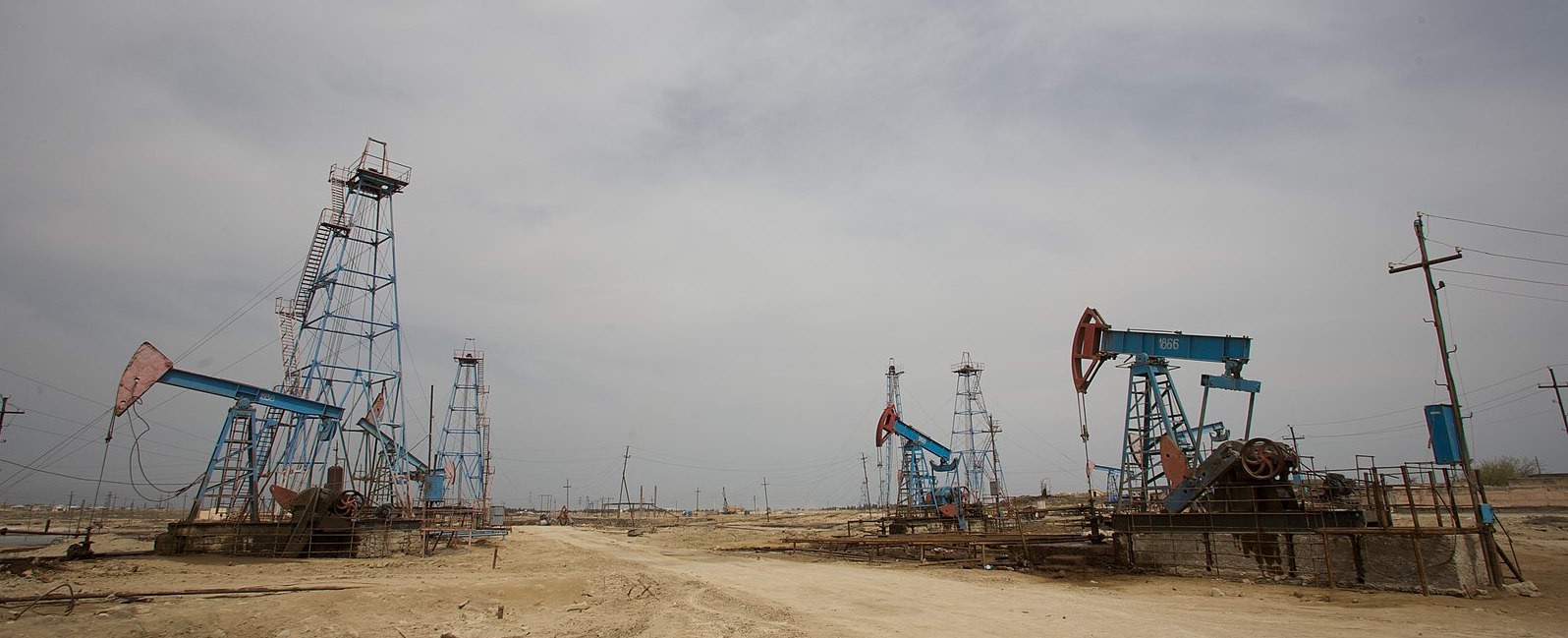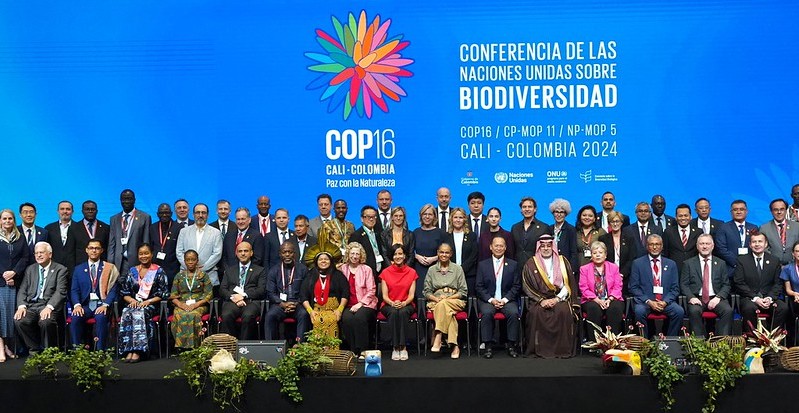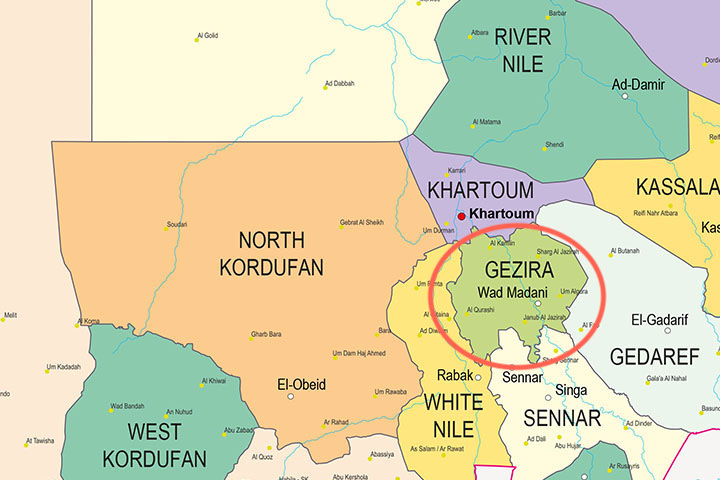Colombia: demand truce between illegal armed groups
Human rights organizations, including the Washington Office on Latin America (WOLA), have urged an immediate end to violence between illegal armed groups in the northeast Colombian region of Catatumbo. WOLA joined the Colombian movement “Defendamos la Paz” in a call for armed groups in Catatumbo to suspend their conflict. In the statement, WOLA wrote: “The Ejercito Nacional de Liberación (ELN) must cease human rights violations and adopt a truce to halt armed confrontations with Fuerzas Armadas Revolucionarias de Colombia (FARC) dissidents.” The rights organizations also called on the Colombian government to provide immediate humanitarian aid for the large number of internally displaced persons in the region. WOLA urged the armed groups involved to “respect international humanitarian law and allow relief efforts to reach those in need.” (Photo: Colombia Reports)



